Media | Articles
5 tips to keep rodents from colonizing your classic
With extra time spent at home, our vehicles spent more time than usual in quiet garages and peaceful driveways. Downtime spurred by social distancing practices and local shelter-at-home orders has bumped most folks out of the driver’s seat and onto the couch. The change has been so great that we’ve even seen improved air quality over urban areas from the reduced pollution. However, we’ve also seen less positive changes at a much smaller scale. For enterprising rodents, stationary vehicles pose a grand opportunity, and their increased rampages have caught the attention of dealerships, according to the Detroit Free Press.
For these highly-evolved mammals of destruction, a car is a perfect hideout. It’s a treasure trove of nest-making materials, protection from predators, and, even when you do go for a drive, warmth on cold nights. Rodent infestation is a regular problem for some locales, but the pandemic has indirectly fostered rodent damage in regions that aren’t used to seeing it. Between the lack of restaurant food scraps and the abundance of parked cars, rodents are going to new lengths to ruin everything we love while scavenging to fill their bellies and pad their nests.
If you’re sitting at home reading this and it’s been a couple of days, weeks, or even months since you’ve last driven your classic, here are five tips on how to deter these wire-gnawing fiends.
Secure the premises

If your vehicle is stored in a garage or shop, your first lines of defense are your humble walls, which must be sealed to prevent rodents from gaining access to your vehicle in the first place. The easiest tactic is to seal up any holes that allow them to waltz inside through gaps around pipes, wiring, doors, or vents. Under-door seals are also vital, especially for garage doors. If more drastic measures are required, you can install rat guards around your exterior walls to prevent the bare-tailed bastards from digging under the walls, too.
Use dryer sheets and mothballs

Rodents primarily navigate the world via their noses, sniffing out food and predators well before they can spot them. One of the consequences of storing a car is that our human scent eventually disperses, giving a rodent a subtle green light to invade our beloved classic. Whatever chemical cocktail is used in dryer sheets and mothballs, however, seems to drive them off, with some Hagerty readers reporting absolute success—even during long-term winter storage.
Marketplace
Buy and sell classics with confidence
Wheels off
Soft rubber tires and blocky treads provide an easy climbing surface for rodents. Yanking off all four wheels isn’t the most practical ploy for your daily driver, but for projects that might be idling during this time, it’s worth considering.
Pop that hood
This trick comes out of the wild Southwest, where people commonly leave the hoods of their cars open overnight. The consensus holds that most critters are looking for shelter, and a closed hood provides a roof from the elements and helps retain heat in the engine bay, both of which can attract raccoons or cats as well as rats. Popping your hood overnight after use allows engine heat to dissipate and makes the engine bay less attractive to a furry family.
Peace through superior firepower
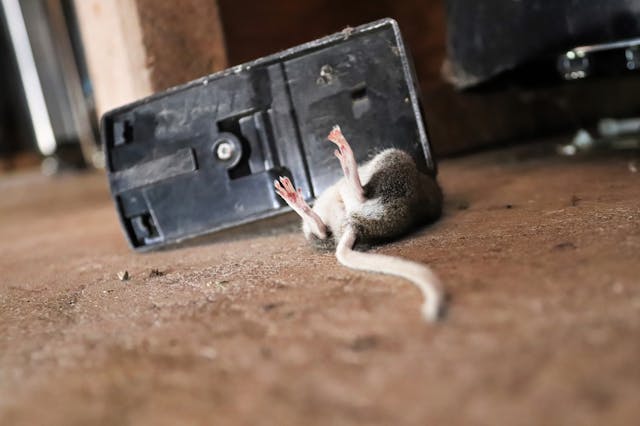
So your local rats love the smell of Bounce dryer sheets, have the acrobatics of a Russian gymnast, and can survive an Arctic snowstorm. What next? Poison is an option, you risk the rodent dying inside your vehicle or building—a potentially stinky proposition. Traps offer a less odorous option. While classic snap-bar traps fit into tight spaces, the humble bucket trap can take rodents out en masse with no springs to reset. If all else fails, we hear your local animal shelter has a few feline friends that can help.
Have any suggestions? Drop us a line below and share your rodent-scattering secrets.






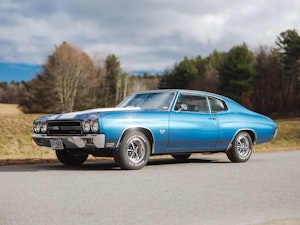

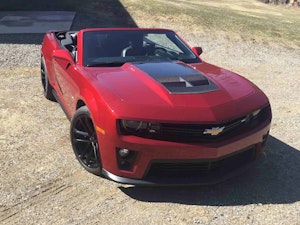

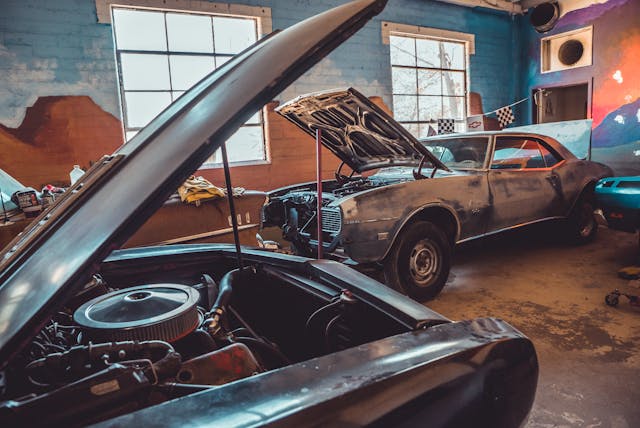

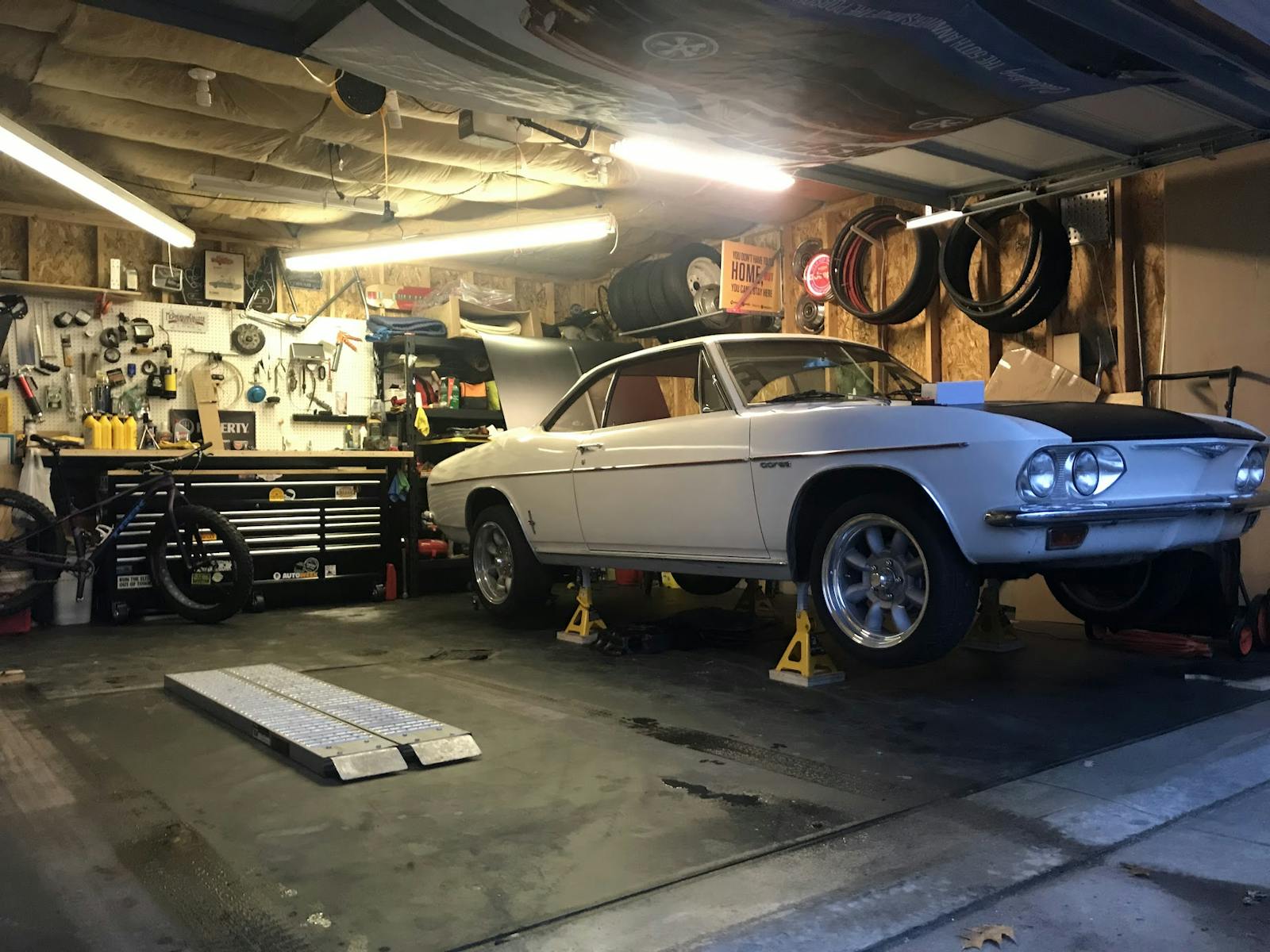



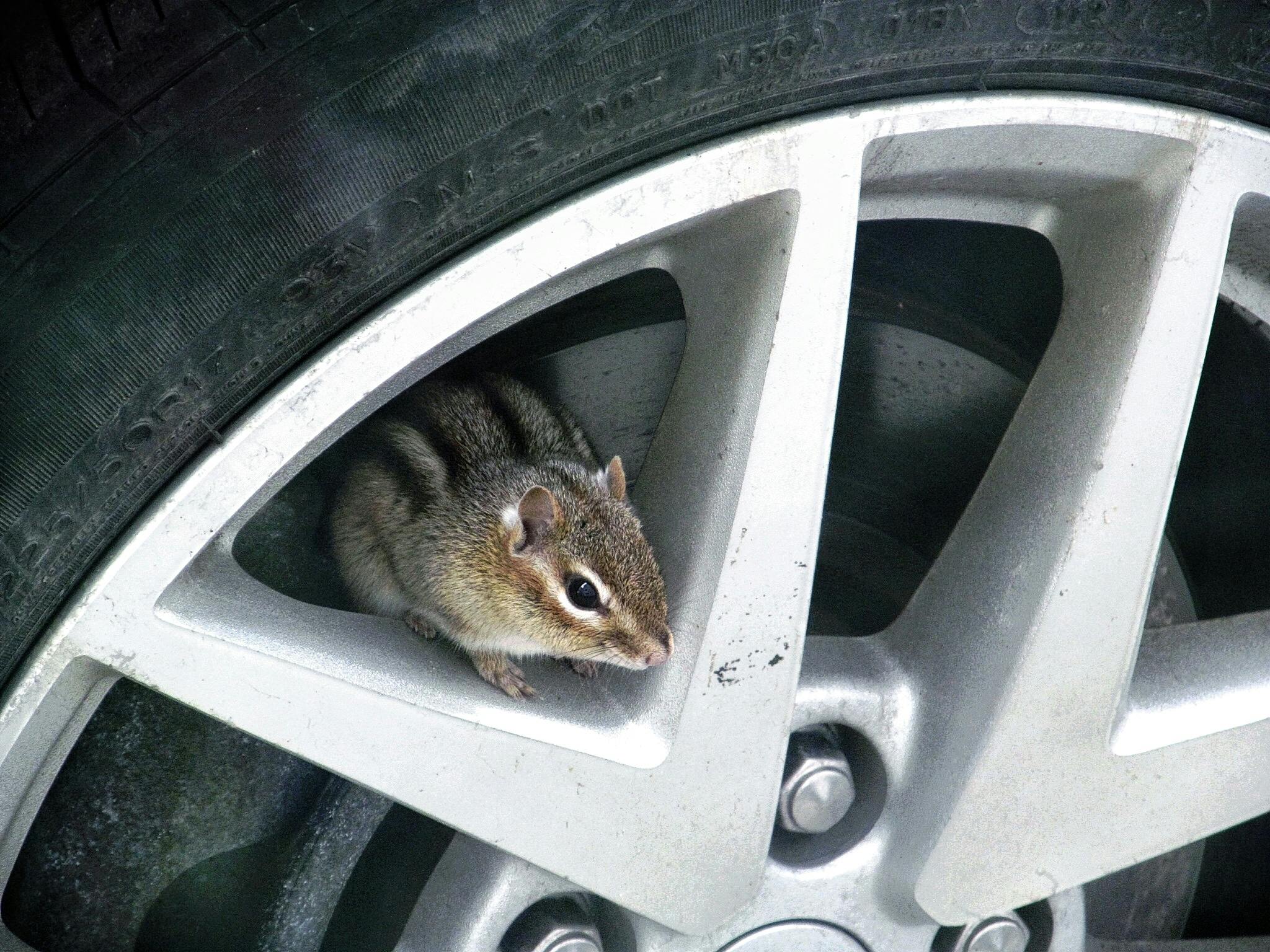
Seal up your exhaust tail pipe by stuffing it with steel wool. This keeps them from nesting/dying in your exhaust system.
Don’t use poison as it can poison the predators that eat rodents. I also heard mice hate the smell of peppermint more than mothballs. Can anyone with peppermint experience weigh in?
Hi Rick i used peppermint oil, it’s expensive but you only need to place a drop on a makeup pad. I heard that Irish Spring bar soap is also good. I also use Fleecy dryer sheets.